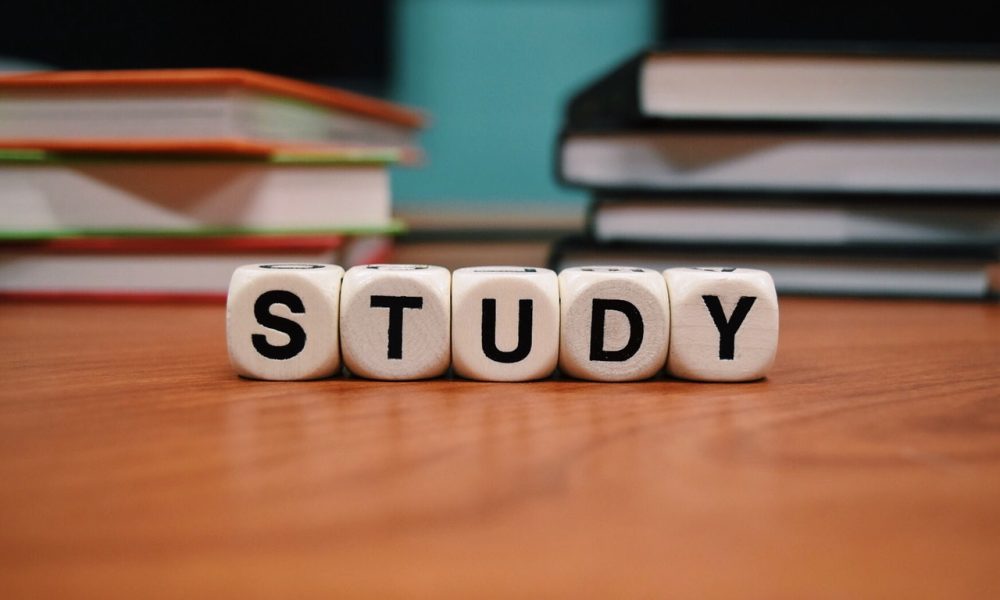Current affairs are important in competitive exams, such as UPSC, SSC, Banking, Railways, etc. The current affairs section is an essential part of the syllabus, and candidates must stay updated with the latest news and events happening worldwide.
Preparing for current affairs can be daunting, given the vastness and diversity of the topics that may be covered in the exam. However, the right approach and strategy can become easy and manageable. Since lakhs of applicants meet the UPSC exam eligibility criteria every year, it becomes imperative to prepare thoroughly for the exam.
Well, in this blog, we will discuss some tips and strategies that can help aspirants prepare for the exam’s current affairs section. These tips are based on the experiences and insights of experts and successful candidates. They are aimed at helping aspirants to develop a comprehensive and efficient study plan for current affairs preparation
| Table of Contents |
|
Understanding Current Affairs for Competitive Exam Preparation Tips and Strategies Focus on National and International News
|
Understanding Current Affairs for Competitive Exam
To excel in competitive exams such as UPSC, SSC, banking, and railways, it is essential to have a thorough grasp of current affairs. This topic forms an integral part of the syllabus for these exams. Aspirants must be up-to-date with global happenings by regularly reading newspapers or online resources.
A keen awareness of national and international news and analysis of their impact on society and the economy is crucial. Practicing mindfulness techniques like meditation can help reduce anxiety while preparing for competitive exams; effective time management helps achieve greater productivity too.
Engaging in mock tests or solving past papers from previous years may also aid aspirants during exam preparations. Lastly, joining relevant discussion forums could provide valuable insights regarding current affairs trends across various topics that will better equip candidates to succeed in these competitive exams!
Preparation Tips and Strategies
Read Newspapers
Reading newspapers is the most fundamental and effective way to update yourself on the latest happenings worldwide, which is crucial for competitive exams such as UPSC, SSC, Banking, Railways, etc. Candidates must stay updated with the latest news and events happening worldwide. Make it a habit to read newspapers daily and focus on the news relevant to the exam syllabus. You can also use online resources like e-newspapers, news websites, and news apps to stay updated.
Follow News Channels
Watching news channels can also help you stay updated with worldwide events. You can watch news channels like DD News, Rajya Sabha TV, and Lok Sabha TV, which provide unbiased and authentic news coverage.
Use Online Resources
Online resources like news websites, blogs, and social media platforms can help you stay updated with the latest news and events. Follow reputed news websites like The Hindu, Times of India, and Indian Express, which provide comprehensive news coverage.
Make Notes
Making notes is an effective way to remember important news and events. While reading newspapers or watching news channels, make notes of the important news and events, and revise them regularly.
Revise Regularly
Revision is an integral part of the exam preparation process, and retaining the information for a longer duration is crucial. Revising notes regularly can help you improve your memory retention and increase your chances of performing well on the exam. Take practice quizzes and mock tests to evaluate your progress and identify improvement areas. Analyse your mistakes and improve them to perform better in the exam.
Join Online Discussion Forums
Joining online discussion forums can help you stay updated with the latest news and events and allow you to discuss current affairs with fellow aspirants. You can join online discussion forums like Quora, Reddit, and Facebook groups, which provide a platform for the aspirants to discuss current affairs.
Solve Previous Year’s Papers
Solving the previous year’s papers can help you understand the pattern of the exam and also help you identify the important topics. Try to solve the previous year’s papers of at least 5 years, and focus on the questions related to current affairs.
Take Mock Tests
Taking mock tests is the most effective way to evaluate your preparation level. Try to take at least one mock test every week, and focus on the questions related to current affairs.
Focus on National and International News
Focus on national and international news, and try to analyse the impact of the news on society and the economy. This will not only help you in the exam but also help you in developing a broader perspective.
Stay Calm and Positive
Preparing for competitive exams can be stressful, but staying calm and positive is important. Believe in yourself and approach the exam with a growth mindset.
Manage your time effectively, taking breaks and indulging in relaxing activities. Surround yourself with positivity and encouragement, seeking support from family, friends, or mentors. Avoid negative influences and distractions that may hamper your progress.
Lastly, practice mindfulness and meditation to stay calm and centred during exam preparation. Remember that maintaining an optimistic outlook can not only reduce stress and anxiety but also improve your performance on the exam.
Conclusion
In conclusion, preparing for current affairs is an essential part of exam preparation for any competitive exam in India. With lakhs of candidates meeting the CSE exam eligibility criteria, there is an increasing competition, so staying updated with the latest news and events is imperative to succeed. The tips mentioned above are just some of the many strategies that can be employed to prepare for current affairs.
It is crucial to remember that preparing for current affairs is an ongoing process that requires dedication and commitment. The more consistent and disciplined you are, the better equipped you will be to tackle the current affairs section of the exam. Follow the tips mentioned earlier, stay updated with the latest news and events, and remember to take breaks and maintain a healthy balance between your studies and personal life. With the right approach and strategy, you can ace the current affairs section of the exam and pave the way for a bright future.
FAQs:
- How much time should I spend on current affairs preparation?
It is important to remain current with current events and news, particularly if you are preparing for competitive exams or pursuing a career in politics, journalism, or law. Devoting ample time to keep abreast of the latest happenings is essential; experts suggest dedicating at least two hours daily. Engaging in current affairs preparation aids in keeping you informed on recent developments while increasing your knowledge and analytical skills.
- Which is the best newspaper for current affairs?
The market offers various newspapers that report on current events. However, The Hindu is highly regarded as the top choice for staying updated. It delivers extensive coverage of both national and global affairs while maintaining a reputation for precise and impartial journalism. Moreover, its editorial section showcases insightful pieces encouraging readers to cultivate their analytical abilities.
- How can I retain the information for a longer duration?
Many individuals need help to retain information for extended periods, particularly regarding current events. One effective method is taking notes and consistently reviewing them, which can improve retention. When note-taking, focus on summarizing key points and emphasizing critical details. Consistent revisiting of your notes helps with memory recall and decreases the likelihood of overlooking important facts. Moreover, connect newly acquired knowledge with personal experiences or real-life occurrences as this aids in better remembering the material.






